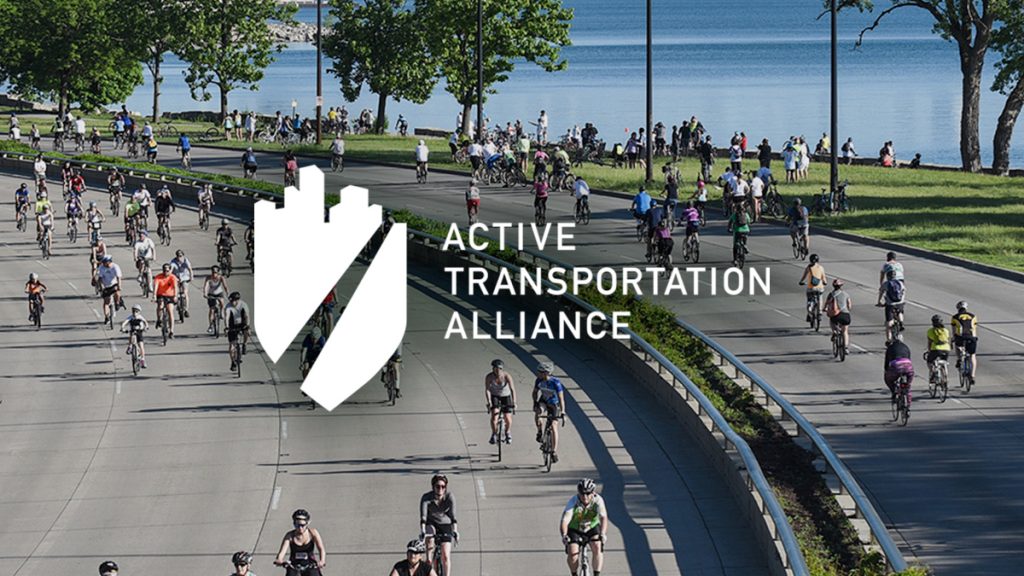For major spending categories, the U.S. Congress adopts bills that set long-term funding goals. These bills establish targets for how much money the federal government will spend on various programs over the course of the bill.
In the transportation sector, the authorization bills (as they are generally known) are usually adopted on a 5-6 year cycle. But congress annually reviews the spending and appropriates funds depending on what funds are actually available.
Oftentimes, the appropriation bill sets a target much higher than can be achieved. So congress must order rescissions—they take back some of the money. Rescissions are essentially a bookkeeping measure, which allows the USDOT to take unspent funds off the books.
The states that receive federal transportation money have a good deal of discretion concerning which programs to take back the money from to make the required targets. Some state DOTs, unfortunately, have turned rescissions into an opportunity to gut bicycle and pedestrian funding sources in order to preserve favored programs.
In last year's rescissions, Illinois Gov. Pat Quinn spared the transportation programs dear to our hearts. This came after a vigorous lobbying effort by Active Transportation Alliance and League of Illinois Bicyclists.
It is now time for another round of cuts. On Monday, IDOT submitted its list of cuts to the US DOT. IDOT will be eliminating funding for the 2011 grant round for Transportation Enhancements. They also will be taking back money from Congestion Mitigation Air Quality (CMAQ) projects that haven’t gotten off the ground.
The Transportation Enhancements competitive grant program is one of the few federal funding sources that gives priority to active transportation. Last year, Illinois awarded the most ever money in state history to bicycle projects ($49 million).
Although we are concerned about not having a 2011 round, we are hopeful the grant program will continue in future years. Thank you for your continued support for active transportation.

